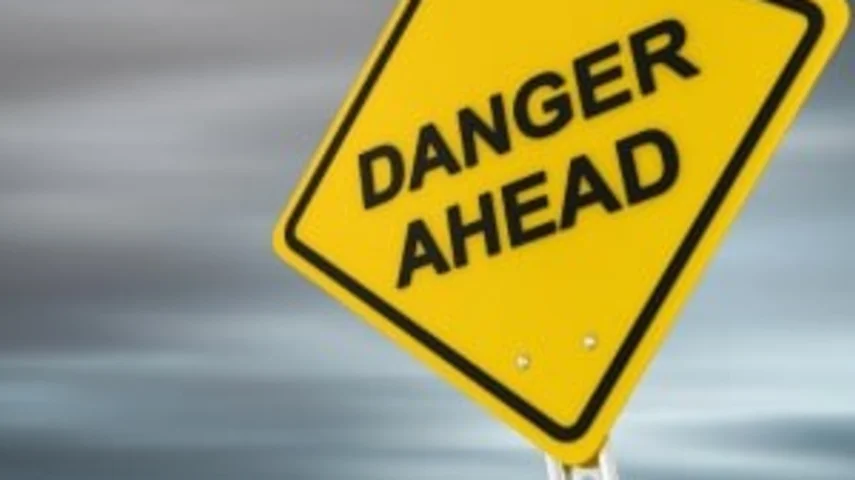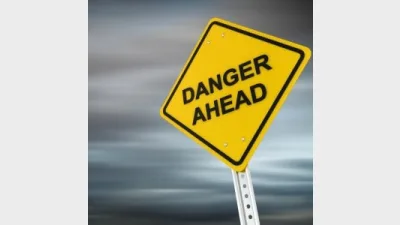How are fund managers reacting to the Russia/Ukraine war?



Uncertainty reigns in markets following the initial developments of the Ukrainian invasion by Russia but some fund managers believe the bulk of selling pressure is over.
The S&P/ASX 200 was recovering from its worst day since September 2020, tumbling 2.99% to 6990.6 points following initial explosions being heard in Kyiv last week.
Fast forward to now and the world was seeing AMP chief economist, Shane Oliver’s, third possible scenario playing out; a full-scale invasion of Ukraine without direct NATO troop involvement.
Last week, Oliver cautioned that this outcome would cause a ‘stagflationary’ shock to Europe and to a lesser degree globally as oil prices rise, with markets falling as much as 10% but recovering over six months.
Natixis Investment Managers Solutions portfolio strategist, Garrett Melson, said the worst had played out in markets.
“Historically incursions and military escalations have proven to be a case of sell the build-up, buy the invasion. In other words, your classic sell the rumour and buy the news playbook where investors take risk down as the rumours and uncertainty abound only to buy shortly before or after the actual escalation,” Melson said.
“These events generally have very little fundamental impact on broader economies, unless they are at a much larger global scale. As such, beyond the knee-jerk selloff markets tend to refocus on the economic backdrop, which currently remains very constructive.”
Melson said the crisis posed the greatest threat to European energy importers with the potential to weigh heavily on European demand, but that the US was in better stead.
“The US, however, remains a net exporter of crude and is relatively insulated from the global economy from a broader export perspective. As such, the conflict will likely have little impact to the US economy as well as US multinationals.”
Franklin Templeton’s emerging markets equities team said while the invasion of Ukraine was testing its conviction, it was still committed to its “constructive” view of Russian equities, with diversified exposure to the market, including in the energy and financial sector.
“Individual company sanctions by the United States and European Union represent a risk we see. These could limit liquidity and impact companies’ ability to pay dividends—and limit foreign investment,” they said.
“Lessons from prior Russian military action may offer some comfort for investors who share our view. Following the Russian invasion of Crimea in 2014, the MOEX Russia Index fell almost 20%.
“Within nine months, the index reached a new high, up 30% from the March lows. Short-term investors who reduced their Russian weighting subsequently missed out on a significant rally”
Clearbridge investments chief executive, Scott Glasser and investment specialist, Jeff Schulze, said the war would exacerbate global inflation and supply chain issues.
“Goods and materials that flow out of Ukraine and Russia will be halted and could exasperate supply chains issues many companies are facing for raw materials like steel for autos,” they said.
“Natural gas and oil price spikes will have a material effect on U.S. headline inflation and a minor impact on core inflation.”
The pair said most energy price spikes were occurring in the front end of the futures curve and represented a geopolitical premium because flows had not been affected.
However, “the back end of the curve is pricing a much more benign environment and potentially lower economic activity, which could lead to lower energy prices”.
Glasser and Schulze said the Federal Reserve was unlikely to deviate materially from the market’s pricing of rate hikes despite inflation risks skewing upward.
“At present, the market is pricing in 5.9 hikes for 2022. We have been more dovish than consensus and continue to believe the Fed will slightly undershoot expectations,” they said.
“Importantly, the Fed puts more weight into core inflation ex-food and energy so higher commodity costs should not sway policymakers in a “material” way. The Ukraine situation, however, may create a more dovish rate scenario for the European Central Bank (ECB).”
Recommended for you
Australian equities manager Datt Capital has built a retail-friendly version of its small-cap strategy for advisers, previously only available for wholesale investors.
The dominance of passive funds is having a knock-on effect on Australia’s M&A environment by creating a less responsive shareholder base, according to law firm Minter Ellison.
Morningstar Australasia is scrapping its controversial use of algorithm-driven Medalist ratings in Australia next year and confirmed all ratings will now be provided by human analysts.
LGT Wealth Management is maintaining a neutral stance on US equities going into 2026 as it is worried whether the hype around AI euphoria will continue.











